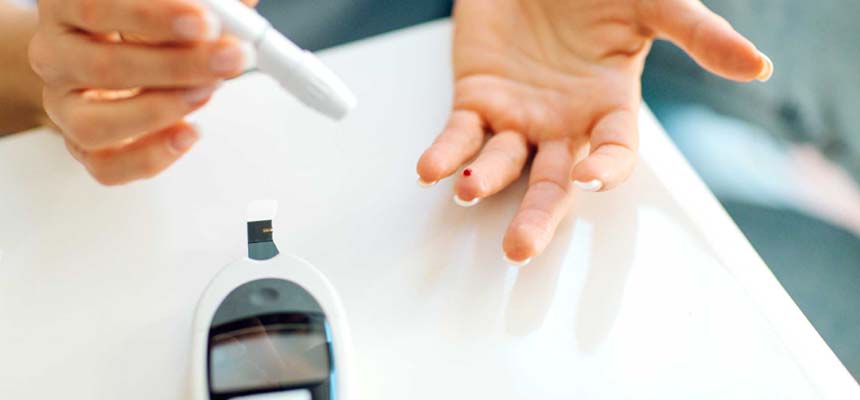Low blood sugar levels in diabetes can lead to early death

Novo Nordisk has announced new analyses from the DEVOTE trial showing that people with type 2 diabetes who experience severe hypoglycaemia (low blood sugar levels) are at greater risk of death.
The risk was four-fold higher 15 days after an event and two and a half-fold higher anytime following an episode of severe hypoglycaemia. In addition, results also showed that daily fluctuations in blood sugar levels in people with type 2 diabetes are associated with a higher risk of death. The results were presented at the European Association for the Study of Diabetes 53rd Annual Meeting (EASD) and simultaneously published in Diabetologia.
“We have noticed that in people with diabetes, episodes of severe hypoglycaemia not only pose severe threat and are potentially dangerous, but are also associated with an increased risk of death,” said Padma Shri Dr V. Mohan, Chairman and Chief Diabetologist, Dr Mohan’s Diabetes Specialities Centre. “These results highlight the importance of maintaining low variability in blood sugar levels and reducing the risk of severe hypoglycaemia when treating people with type 2 diabetes.”
Commenting on the new analyses, Dr M.V. Srishyla, Director, Clinical, Medical, Regulatory & Quality, Novo Nordisk India said: “The burden of diabetes is growing in India and hypoglyceamia is one of the most common challenges for patients trying to achieve their glyceamic targets with insulin therapy."
In a recent study conducted in India with more than 2800 patients with type 2 diabetes on insulin therapy, it was seen that 46.6% of type 2 diabetic patients had at least one episode of hypoglycaemia and 14.3% had nocturnal hypoglycaemia.
The main results of DEVOTE trial have already shown that Tresiba (insulin degludec) has benefit of lesser hypoglyceamia over insulin glargine.
These results should further give the treating physician and the patients with diabetes confidence to have better glyceamic control with less risk of hypoglyceamia and change treatment outcomes.

 Disclaimer: Welthi.com does not guarantee any specific results as a result of the procedures mentioned here, and the results may vary from person to person.
Disclaimer: Welthi.com does not guarantee any specific results as a result of the procedures mentioned here, and the results may vary from person to person.









